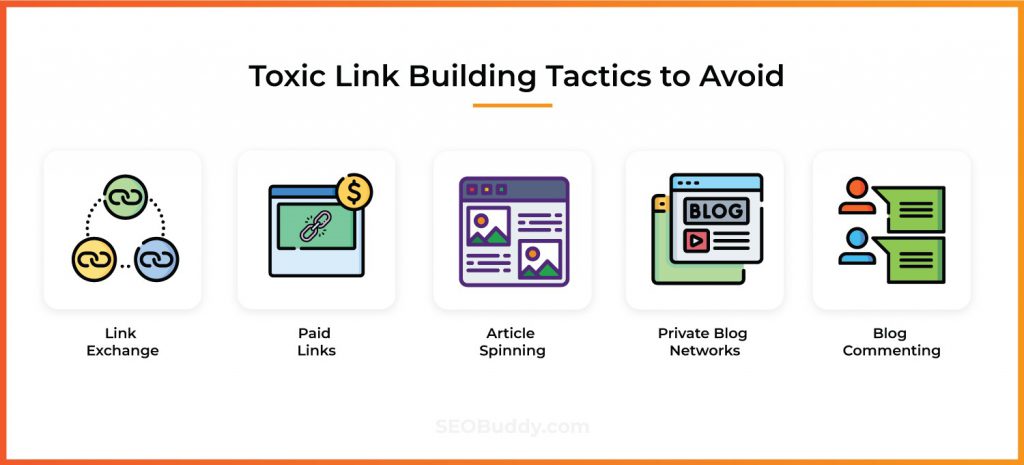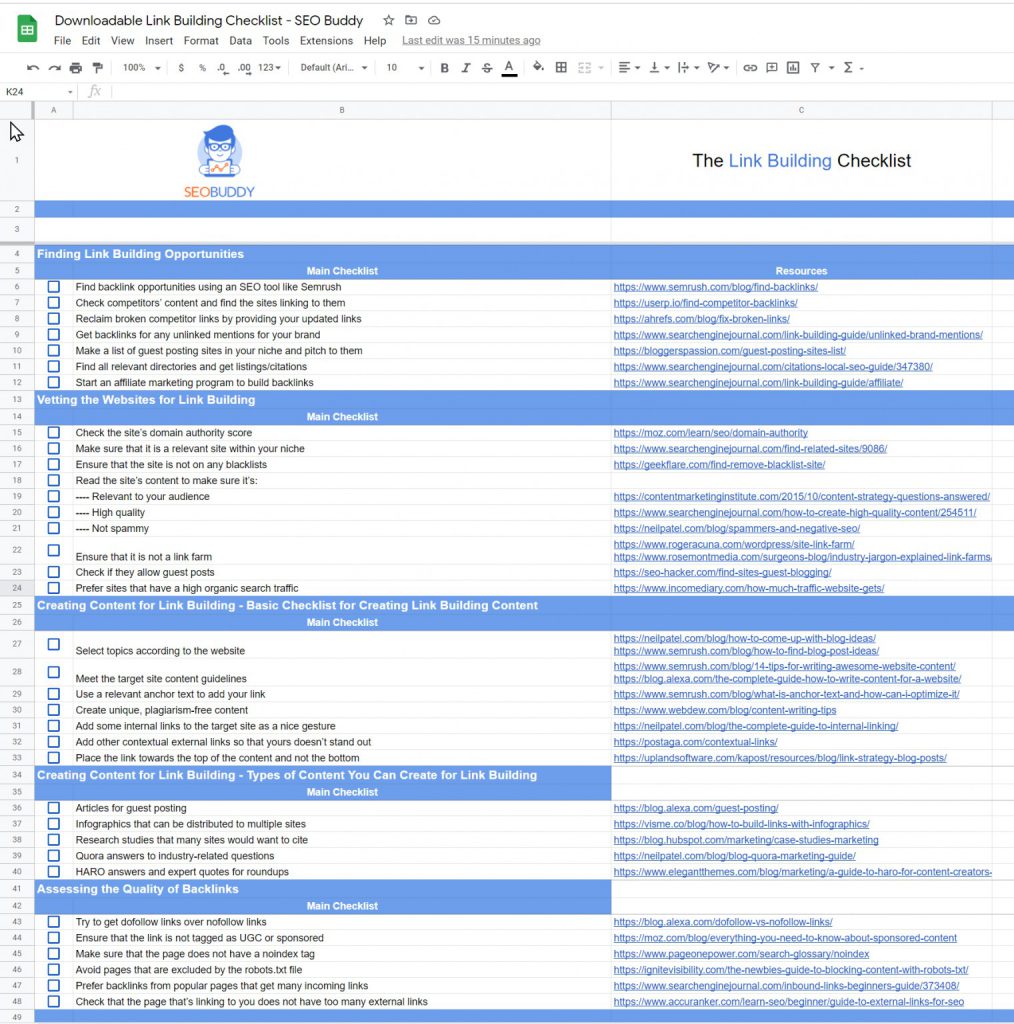All Categories
Featured
Table of Contents
- – What Is The Most Reliable Semantic Search Engi...
- – Which Is The Top Optimizing For Search Intent
- – Which Is The Top Seo For Semantic Search
- – Where To Buy The Top Semantic Content Optimiz...
- – What's The Most Reliable Semantic Seo Servic...
- – Which Is The Leading Semantic Seo Company
- – Who Has The Most Recommended Semantic Seo Pl...
The internet is altering, becoming extra and more semantic. Search engine optimization is likewise altering and becoming much more semantic. This is since search engines have actually developed and are moving increasingly more in the direction of reading material on the internet. Of course, that has actually additionally transformed the method we produce content, especially if we wish to rate much better in the online search engine.
, the pioneer of the Web, mentioned to represent the idea that all points in the universe are deeply interconnected. Intertwingularity is not typically recognized, people maintain claiming they can make things deeply hierarchical, categorizable and sequential when they can't. Whatever is deeply intertwingled. Based on the connections between search purposes, the search engine chooses a content ready by computing the range between the vectors of definition.
It allows you to see, starting from a subject, all the entities that are associated to that subject. In this manner you can clearly see which entities/concepts/ideas have actually already been covered on your internet site, and you can uncover brand-new possibilities by recognizing what material you can include and just how to produce it.
What Is The Most Reliable Semantic Search Engines To Get
It is able to make your web content easy to understand for internet search engine on the one hand and for your target market on the other. Structuring your content model highlights your material and its hidden connections to ensure that internet search engine can acknowledge you among hundreds of items of info, making you a lot more noticeable to individuals who meet the search intent pertaining to your service.
In semantic SEO copywriting, an editor begins with a wider variety of subjects and customizes the material to include semantically appropriate terms and expressions that aid readers comprehend a subject, similar to checking out material in a wiki. From a material writing point of view, one functional way to do this is to develop a vocabulary of terms and questions surrounding your target topic.
Which Is The Top Optimizing For Search Intent
Find out more regarding by seeing the by!.

Semantic search refers to the process of just how search engines understand and match keyword phrases to a searcher's intent in organic search results page. Prior to semantic search, internet search engine like Google operated like matchmakersaligning certain words in your question with those exact words on websites. The results were uncomplicated but commonly lacked deepness.
Which Is The Top Seo For Semantic Search
It makes it possible for Google to provide fast, exact solutions to browse queries concerning real-world topics. When you type a query word into Google, you're not simply going into a sequence of words.
When you look for "Apple," Google doesn't simply see a word that explains a fruit. It acknowledges Apple as a company and can provide relevant information. Like the name of its chief executive officer, Tim Cook, or its most recent supply costs. Google revealed the Hummingbird update in 2013. It was Google's response to the rise of voice searches, where inquiries ended up being extra conversational and nuanced.
Where To Buy The Top Semantic Content Optimization
By integrating NLP, Hummingbird permitted Google to relocate past plain keyword matching. It helped the online search engine comprehend search intent, raising the odds that results would accurately match the reason behind a customer's search. As the third crucial ranking element after material and web links, RankBrain has boosted Google's semantic search capacities to understand the definition of search queries.
Making it more efficient at handling never-before-seen search inquiries. RankBrain thinks about even more than simply key phrases when evaluating a search inquiry.
It brings results that match the keyword phrases and straighten with the overall intent of providing young puppy training guidance. And if the individual frequently looks for dog-related content, Google may focus on much more thorough training guidesrecognizing the user's continuous passion in the topic. Combining technologies like the Expertise Chart, Hummingbird, and RankBrain, semantic search helps the Google algorithm analyze and connect data across a substantial internet of information.
What's The Most Reliable Semantic Seo Services Brand
The focus shifts from keyword choice to an alternative strategy incorporating user intent, topical relevance, and general individual experience. Creating web content that deals with the searcher's requirements with comprehensive details can enhance your SERP rankings.
And sort of content can best please their demands. A more comprehensive approach to content aligns much better with semantic search's change away from precise keyword matching and towards individual intent. Which describes the enhanced emphasis on subject collections, instead of private keyword phrases. Content that covers search inquiries better not only pleases customers.
And five times greater than websites that take 10 seconds to tons. While technological SEO guarantees optimum web site efficiency and ease of access, concentrating on user experience (UX) takes it a step even more. UX intends to produce a visually appealing, straightforward interface with interesting, high quality web content that motivates site visitors to stay. Semantic search modern technology allows search engines to go for outcomes that supply the finest feasible UX.
Which Is The Leading Semantic Seo Company

All display Google's capability to resolve a subject inquiry adequately. By understanding the context and intent behind customer queries, search engines can deliver a lot more relevant information and possibly boost individual involvement. Customization in search engine result produces better UX.Based on your previous search background and preferences as an individual, semantic search aids internet search engine tailor the results to suit your unique demands and passions.
It fetches outcomes that match the search phrases and straighten with the overall intent of providing pup training advice. And if the customer often looks for dog-related web content, Google might prioritize extra detailed training guidesrecognizing the user's recurring rate of interest in the subject. Integrating technologies like the Expertise Graph, Hummingbird, and RankBrain, semantic search aids the Google algorithm analyze and connect information throughout a large web of details.
Who Has The Most Recommended Semantic Seo Platform Service?
The focus changes from keyword choice to a holistic approach encompassing user intent, topical significance, and overall user experience. Developing web content that deals with the searcher's demands with extensive information can boost your SERP positions.

A broader strategy to material aligns better with semantic search's change away from specific search phrase matching and towards individual intent. Content that covers search queries a lot more completely not just pleases customers.
UX intends to develop a visually attractive, straightforward interface with interesting, quality material that encourages visitors to remain. Semantic search innovation allows search engines to intend for results that offer the finest feasible UX.
All display Google's ability to resolve a topic query adequately. By recognizing the context and intent behind individual questions, internet search engine can supply a lot more appropriate info and possibly raise individual involvement. Customization in search results creates much better UX.Based on your previous search history and choices as a customer, semantic search aids internet search engine customize the results to match your unique needs and rate of interests.
Table of Contents
- – What Is The Most Reliable Semantic Search Engi...
- – Which Is The Top Optimizing For Search Intent
- – Which Is The Top Seo For Semantic Search
- – Where To Buy The Top Semantic Content Optimiz...
- – What's The Most Reliable Semantic Seo Servic...
- – Which Is The Leading Semantic Seo Company
- – Who Has The Most Recommended Semantic Seo Pl...
Latest Posts
What Is The Most Recommended Semantic Seo Analysis Service For The Money
Top Schema Markup For Semantic Seo Dealer Near Me
Which Is The Premier Semantic Search Strategies Company?
More
Latest Posts
What Is The Most Recommended Semantic Seo Analysis Service For The Money
Top Schema Markup For Semantic Seo Dealer Near Me
Which Is The Premier Semantic Search Strategies Company?